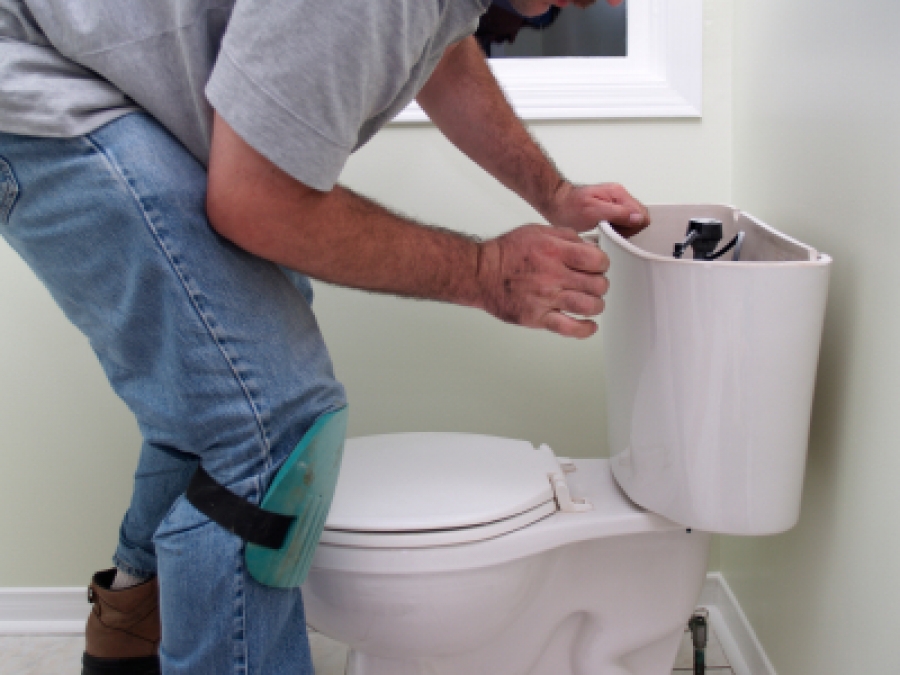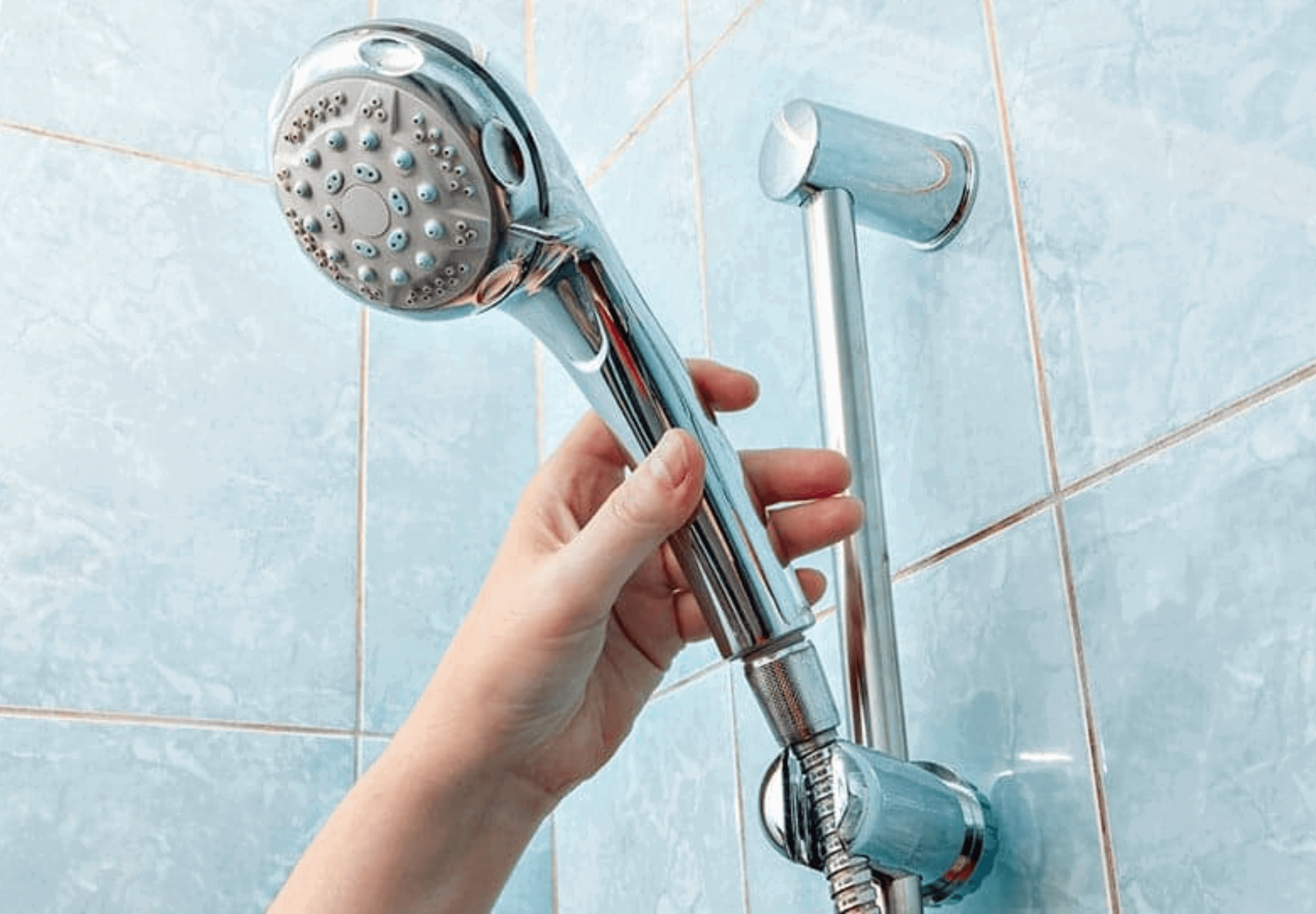Just about everyone seems to have their own way of thinking on the subject of How to Find and Prevent Water Leaks in Your Home.

"Be careful of little expenses. A little leakage will sink a terrific ship." - Benjamin Franklin.
He couldn't have been much more right because water leaks in our houses result in a waste of resources, enhancing our water costs. Although this rise may appear negligible at first, it can result in considerable expenditures that can damage your bank. Aside from an increase in expenses, water leaks additionally create unwanted organic growth, architectural damages, and even electrical threats.
Determining if you have a water leakage isn't always simple as a result of being unable to see the majority of the pipework in your home. If you have had a rise in your water bills lately, noticed water discolorations on ceilings and also walls, scented lousy odor, and so on. You may want to take into consideration asking for plumbing services to get it had a look at.
There are a number of root causes of water leaks, and we have actually put together the usual factors listed below. Check to see if you have had associated issues in your home just recently.
Blocked drains pipes
Food fragments, dirt, and grease can trigger clogged drains pipes and also block the flow of water in and out of your sink. If undealt with, enhanced pressure within the rain gutters can trigger an overflow and end up breaking or rupturing pipelines. To prevent clogged drains in your house, we recommend you to stay clear of pouring fragments down the drain and normal cleaning of sinks.
High water pressure
You discovered your home water stress is more than common but after that, why should you care? It runs out your control.
It would be best if you cared because your average water pressure should be 60 Psi (per square inch) as well as although your house's plumbing system is created to withstand 80 Psi. A rise in water stress can place a pressure on your house pipes as well as lead to fractures, or worse, ruptured pipes. Obtain in touch with an expert about regulating it if you ever before discover that your house water pressure is greater than normal.
Corrosion
As your pipework ages, it gets weak as well as a lot more susceptible to corrosion after the regular passage of water with them, which can gnaw at pipes and create cracks. A visible sign of corrosion in your house plumbing system is discoloration and although this could be hard to detect due to most pipelines hidden away. Once they are old to guarantee a sound plumbing system, we recommend doing a regular check-up every couple of years and transform pipes
Compromised pipeline joints
Pipeline joints are the parts of our plumbing system where the pipelines link. They are the weakest factor of our plumbing system. Therefore, they are more susceptible to degeneration. It is important to note that despite the fact that pipelines are created to stand up to pressure and last for a while, they weren't made to last permanently; for that reason, they would wear away gradually. This damage might bring about splits in plumbing systems. A typical indication of damaged pipe joints is excessive noise from faucets.
Broken seals
Another cause of water leaks in homes is broken seals of house appliances that make use of water, e.g., a dishwasher. When such appliances are set up, seals are set up around water connectors for very easy flow of water through the maker. Therefore, a broken seal can create leak of water when in use.
With little or no understanding of plumbing, recognizing your house's plumbing system adequate to deal with several of these concerns (without consequence) can be a problem. Connect with plumbing experts in Pittsburgh, Divine Superintendence, Rochester, as well as environ today, as well as they'll make those issues vanish.
He could not have been much more appropriate since water leaks in our homes result in a waste of resources, raising our water expenses. If you have had a rise in your water costs lately, observed water stains on ceilings and walls, scented poor smell, and so on. A boost in water stress can place a stress on your residence pipes and lead to cracks, or worse, burst pipelines. One more reason of water leakages in houses is damaged seals of home appliances that make use of water, e.g., a dishwasher. When such home appliances are set up, seals are installed around water ports for very easy passage of water via the equipment.
5 TIPS IN DETECTING A WATER LEAK IN YOUR HOUSE
Water leaks can be hard to find in your home, yet they can be so common. We rely on water every day in our home, which is why a leak can cause big problems. By detecting them early, you can save money and further damage, getting the problem fixed as soon as possible. Here are 5 tips to help you detect a water leak in your home, so you can contact a plumber straight away and get the issue sorted.
Check your water meter
Many people underestimate the value of the water meter in their home. It can be one of the best ways to tell if you have a leak early on, so you can get on top of it before issues start arising. Start by turning off all the water in your home: taps, washing machine, dishwasher, etc. Now take a look at the meter – if it’s still changing with everything turned off, it’s likely you have a fast-flowing leak that you need to get on top of straight away. If nothing changes, then leave your meter for an hour or two and come back to it. Did it change in this time? It’s likely you have a slower leak, which isn’t as urgent but still handy to get fixed so it doesn’t become a bigger problem.
Keep an eye on your bill
Another good way to detect a leak in your home is by keeping an eye on your water bill. It helps if you have a past bill from the same period of time. You can compare like for like and determine whether your water usage has increased significantly. If it has, there may be a leak in your system that you haven’t picked up before. A professional plumber can check through all of your pipes and determine where it is coming from.
Look for damage
If you have a leak inside your home, you will notice damage over time. Take a look at your showers and bathtubs and note whether any of the tiles surrounding the area seem to be discoloured or damaged in any way. There may be water stains, mould or peeling material that has resulted from a build up of moisture over time. Make sure you take a look under sinks at the back of cupboards that don’t get accessed regularly. This is where damage can go unnoticed and build up over periods of time.

I hope you enjoyed reading our part about How to Find and Prevent Water Leaks in Your Home. Thank you for finding the time short article. Are you aware of another person who is fascinated by How to Find and Prevent Water Leaks in Your Home? Please feel free to share it. I appreciate reading our article about Reasons for Water Heater Leaks.
Contact for quality!